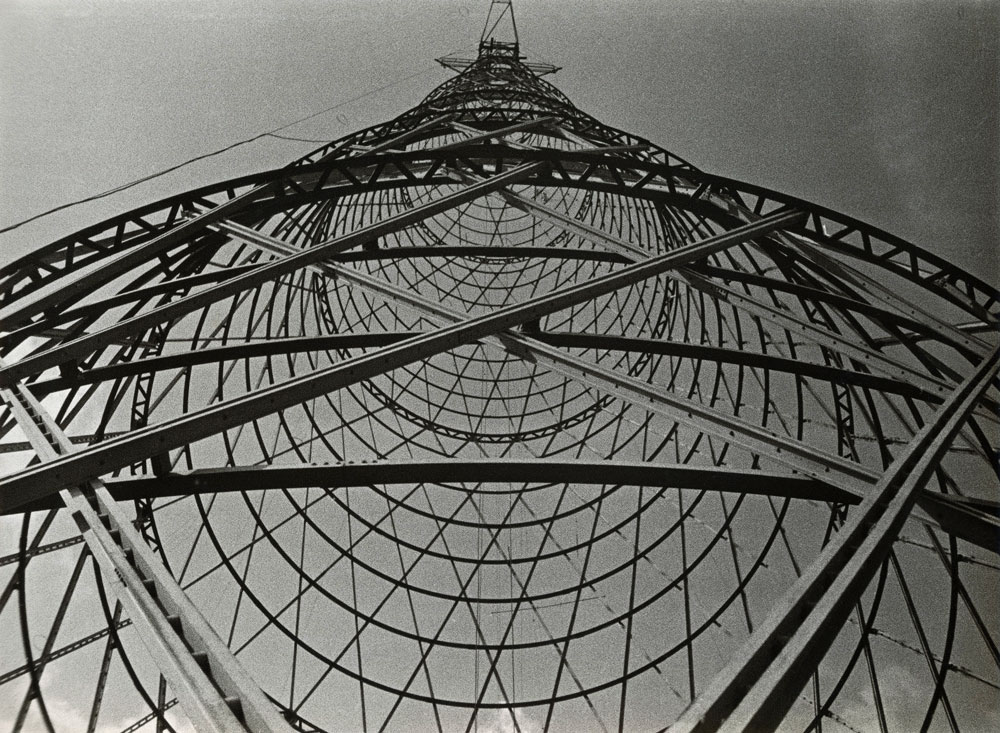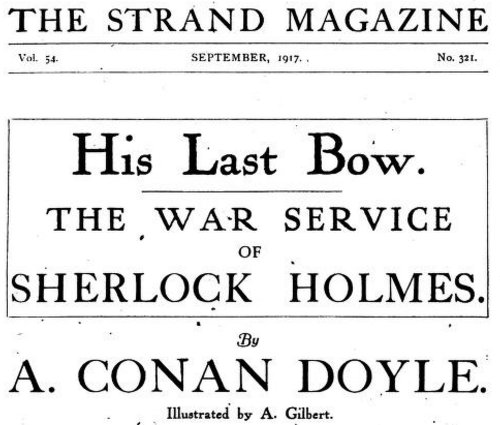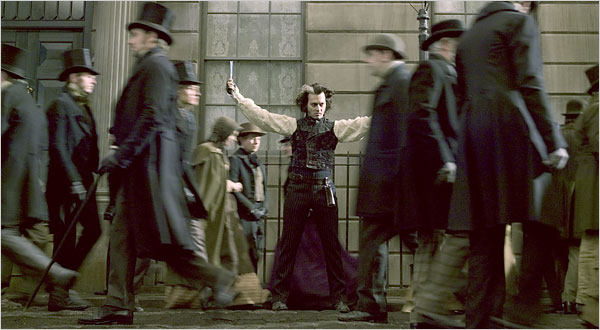Posts from February 2018

Friday 29 – Saturday 30 June 2018
University of Westminster
London Conference in Critical Thought
Westminster will be hosting the 7th annual London Conference in Critical Thought (LCCT), courtesy of our colleagues in the Department of Politics and International Relations.
Central to the vision of the conference is an inter-institutional, non-hierarchical and accessible event that makes a particular effort to embrace emergent thought and the participation of emerging academics, fostering new avenues for critically-oriented scholarship and collaboration. The conference is divided into thematic streams, each coordinated by different researchers and with separate calls for papers. The organisers welcome paper proposals that respond to the particular streams below. In addition, papers may be proposed as part of a general stream, i.e. with no specific stream in mind. Spanning a range of broad themes, these streams provide the impetus for new points of dialogue.
- Art and Automation
- Capital, Event and Agency (1968-2018)
- Disruptions, Interventions and Liminalities: Critical Performative Pedagogies
- Infrastructure, “infrapolitics” and experimentation
- Politics of/in the Anthropocene
- Resistant Bodies. On resistance and its corporeal challenges
- Taking Positions
- The Politics of Truth
- Thinking Affect and Postcoloniality Together
- Time, Cities, Bodies
- Writing to Think
The Full Call for Papers can be found here: LCCT CfP 2018 feb 26
Please send paper/presentation proposals with the relevant stream indicated in the subject line to paper–subs@londoncritical.org. Submissions should be no more than 250 words and should be received by Monday 26th March 2018.

Thursday 8th March 2018, 5.00 pm
Room 351, University of Westminster, 309 Regent Street, London W1B 2HW
Detective Novels and the First World War
Professor Jane Mattisson Ekstam (Østfold University College, Norway)
Hosted by our friends in History, Professor Ekstam, who is currently a Visiting Research Fellow at Westminster, discusses the relationship between detective novels and representation of the First World War. This provides a particularly fertile context for examining human motivation and suffering, and for looking at ways of dealing with crime in war and peace, not least in Britain where the majority of war-related detective fiction was produced. Followed by drinks reception.

Wednesday 21st February 2018, 5.00 pm
Room 206, University of Westminster, 32-38 Wells Street, London W1T 3UW
If there’s something strange in your neighbourhood … A Roundtable on London Gothic
Monica Germana, Emma McEvoy, Alexandra Warwick, Anne Witchard
London has taken a central role in the urban Gothic, from canonical texts like Strange Case of Dr Jekyll and Mr Hyde, The Picture of Dorian Gray, and Dracula, through modern film and visual culture, to the ‘tourist gothic’ of rebranded gastropubs and ghost tours. As a specific category, London Gothic is becoming as important for understanding ourselves today as it has been for thinking about the cultural productions of the late-nineteenth century. But what does it mean to think of London as a gothic environment? How has this understanding been shaped by historical events and cultural texts? What ghosts and monsters lurk behind the city’s walls? And how does their lingering presence change the way we interact with the streets around us? Join us for an evening of spooky stories and spectral delights as our panel of Westminster experts (Monica Germana, Emma McEvoy, Alex Warwick and Anne Witchard) examine the changing face of London Gothic, past, present, and future.
Followed by the usual drinks at The Green Man …
Tuesday March 13 2018, 7pm-9pm
Fyvie Hall, University of Westminster, 309 Regent Street, London W1B 2HW
Laynie Browne in conversation with Andrea Brady
Laynie will be reading from three works:
Periodic Companions is a novel with characters based on the periodic table of elements. Relationships are based upon chemistry, and characters investigate poetics, contemplative practices, and outsider culture. Overwhelmed with the futility of institutional structures, and impelled to act in response to tragic acts of violence, the elemental characters create a collective action based upon chemical signalling using human tears, in the hopes of inventing a new context for non-violent protest.
You Envelop Me. A book length poetic elegy, You Envelop Me takes its title from the thirty-second psalm and explores connections between birth and loss. How does one in mourning converse with those absent, yet ever present? These poems seek to enter that sturdy edifice of emptiness, wherein time is suspended, and one is paradoxically held by the departed. How is a motherless daughter conceived? What befalls those who succumb to waves of grief akin to contractions of birth? You Envelop Me is woven from contemplative practices which permit us to approach the unimaginable. The world with the beloved removed is permanently altered, perhaps most significantly in the way the living learn that indispensible vision occurs beyond the visible world.
The Book of Moments (forthcoming 2018, in two editions, one English, one French, from Presses Universitaires de rouen et du havre, Rouen, France).This book of relatively short prose fiction/hybrid pieces is an exploration in reinvention of forms: including the found, the invented and foregrounding perception as subject and object. This book seeks the boundary between real and imagined and hovers at a location often in between. This work is inspired by the revolutionary prose of writers such as Lydia Davis, Marguerite Duras, Hélène Cixous, and others writing off the map between genres, outside conventional expectations of “story.”
A poet, prose writer, teacher and editor, Laynie Browne is author of thirteen collections of poems and three novels. Her most recent collections of poems include You Envelop Me (Omnidawn 2017) P R A C T I C E (SplitLevel 2015), and Scorpyn Odes (Kore Press 2015). Recent books of prose include the novel Periodic Companions (2018) and short fiction in The Book of Moments (2018). Her honors include a 2014 Pew Fellowship, the National Poetry Series Award (2007) for her collection The Scented Fox, and the Contemporary Poetry Series Award (2005) for her collection Drawing of a Swan Before Memory. Her poetry has been translated into French, Spanish, Chinese and Catalan. Her writing has appeared in many anthologies including The Norton Anthology of Post Modern Poetry (second edition 2013), Ecopoetry: A Contemporary American Anthology (Trinity University Press, 2013), Bay Poetics (Faux Press, 2006) and The Reality Street Book of Sonnets (Reality Street, 2008). She teaches at University of Pennsylvania and at Swarthmore College.
Andrea Brady is a poet and Professor of Poetry at Queen Mary, University of London. Andrea’s books of poetry include The Strong Room (2016), Dompteuse (2014), Cut from the Rushes (2013), Mutability: Scripts for Infancy (2012), and Wildfire: A Verse Essay on Obscurity and Illumination (2010). At Queen Mary she runs the Centre for Poetry and the Archive of the Now.
The event is free but please register with Eventbrite


The Institute for Modern and Contemporary Culture
University of Westminster Department of English, Linguistics and Cultural Studies
32-38 Wells Street, London W1T 3UW. United Kingdom.

